Premium Only Content
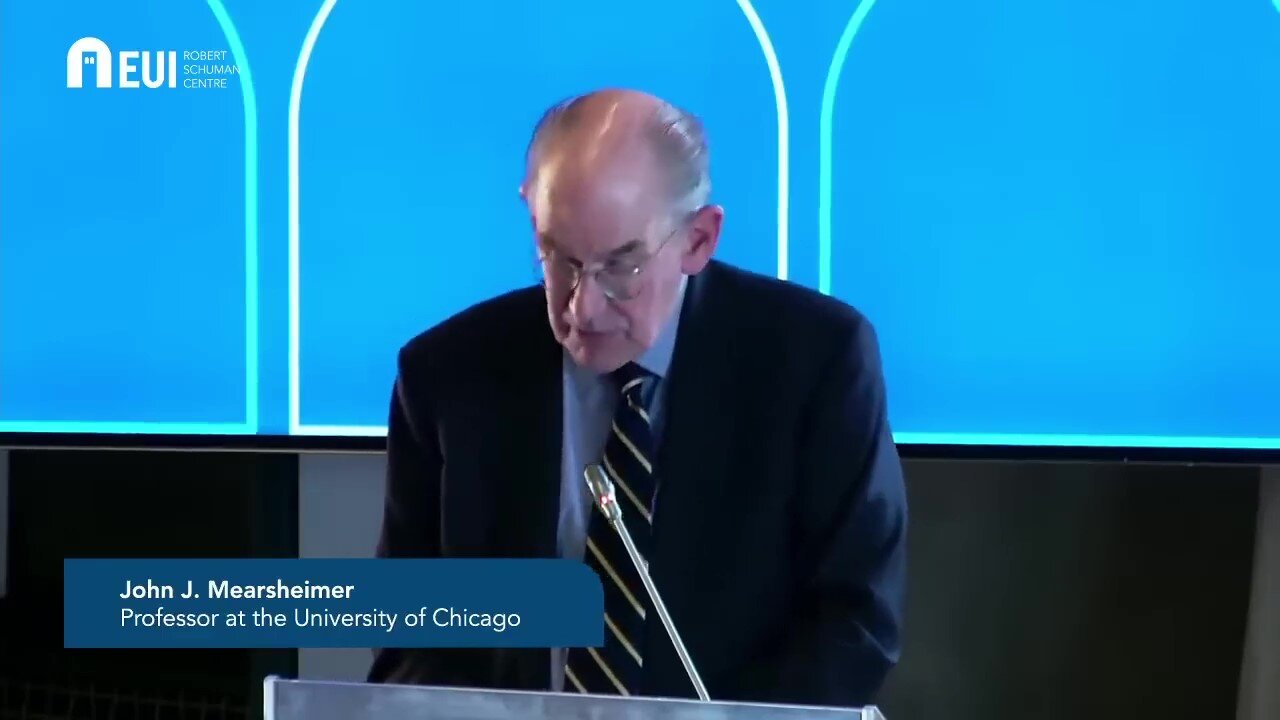
Ukraine War- The World After, John Mearsheimer
The present Russian invasion of Ukraine is discussed along with the origins and effects of the conflict by Political Analyst for International Politics, John Mearsheimer.
Professor Mearsheimer's goal in this talk is to concentrate on both the causes of the war in Ukraine and some of its most significant effects. He would contend that Western attempts to turn Ukraine into a Western stronghold on Russia's border are largely to blame for the situation. That result was seen as an existential threat by Russian authorities, which had to be stopped. Professor Mearsheimer claims that he does not think Vladimir Putin is an expansionist set on building a larger Russia, despite the fact that he is undoubtedly accountable for the invasion of Ukraine and for Russia's behavior in the war. The biggest threat to the war's outcomes is that it will last for many months, if not years, and that either NATO will directly engage in combat, nuclear weapons will be deployed, or both. Furthermore, Ukraine has already suffered severe harm. Ukraine would undoubtedly suffer considerably greater destruction in a protracted conflict.
At the University of Chicago's Political Science Department, Professor John J. Mearsheimer holds the R. Wendell Harrison Distinguished Service Professorship.
The Russian invasion of Ukraine poses a serious security threat to the entire globe, by any standard. It raises important questions about the underlying precepts that support the current international order and raises the possibility of a protracted, high-risk Great Power conflict. How should this quickly developing situation be handled? Does it call for the West to push harder than ever to isolate, sanction, and weaken Putin's Russia militarily, diplomatically, and economically? Or can a solution be reached by acknowledging Russia's security requirements and figuring out how to deescalate the conflict quickly and mutually? Which of these various approaches has the most potential for success? How should this dispute be settled in the end?
John Mearsheimer, a specialist in international relations and an outspoken realism, has charged that the United States (US) and NATO are to responsible for the ongoing conflict in Ukraine. Mearsheimer, a critic of US foreign policy since the Cold War, claimed in an interview with The New Yorker that NATO's extension to the east and the development of "tight connections" with Ukraine had raised the likelihood that the US and Russia will go to war.
#internationalrelations
#foreignpolicy
He claimed that when NATO decided to accept Georgia and Ukraine in 2008, the current crisis's roots were first planted. The Russians drew a line in the sand because they made it quite obvious at the time that they saw this as an existential danger, according to Mearsheimer. The same year, Russia invaded Georgia and took control of South Ossetia and Abkhazia.
Mearsheimer adds that Russia is uneasy about the idea of a "pro-American liberal democracy" being at its doorstep because it sees it as a serious security concern. Russia is also uneasy about the European Union's (EU) efforts to bring Ukraine into its fold. He asserts that Ukraine becoming a pro-American liberal democracy is one of Russia's three main worries, along with NATO and EU enlargement.
Mearsheimer asserts that Moscow would deem Ukraine joining the EU and NATO and establishing itself as a democracy as "categorically unacceptable" in light of this. Instead of Ukraine joining the EU and NATO, he asserts, it would be preferable if it just established democratic principles and cordial ties with the US. Mearsheimer contends that Ukraine "could probably get away with that."
When a nation like Ukraine neighbors a superpower like Russia, it is important to pay close attention to what the Russians are thinking because they will retaliate if you poke them in the eye with a stick. Mearsheimer referred to the Monroe Doctrine of 1823, which stated that the US will not tolerate a foreign power putting military forces into the region, when he said that Russia had copied the US strategy with regard to Ukraine.
#Lives@Risk
#Ukraine
#foreignpolicy
#internationalrelations
#refugees
#war&disaster
#war
#migrants
#migrants@risk
-
 1:12:05
1:12:05
vivafrei
4 hours agoLegacy Media is the Enemy of the People! Israel Stikes Qatar, U.S., Gets Mad! AOC So Stupid & MORE!
56.6K47 -
 52:13
52:13
The Quartering
3 hours agoRace War Nears, Russia Makes Huge Mistake, Fauci Bombshell & More
88K68 -
 LIVE
LIVE
Dr Disrespect
5 hours ago🔴LIVE - DR DISRESPECT - THE FINALS - NEW SEASON 8 LAUNCH EVENT W/ THE SHOTTY BOYS
1,405 watching -
 1:44:11
1:44:11
Darkhorse Podcast
3 hours agoThe 294th Evolutionary Lens with Bret Weinstein and Heather Heying
48.5K9 -
 11:49
11:49
Dr. Nick Zyrowski
9 days ago12 Unusual NAC ( N-Acetyl Cysteine) Questions Nobody Ever Answers
83.7K10 -
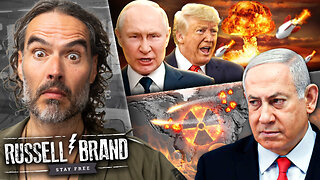 1:03:45
1:03:45
Russell Brand
4 hours agoWW3 IMMINENT! Israel & Russia Strikes Leave World “ON THE BRINK” - SF631
185K65 -
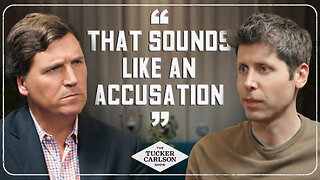 56:18
56:18
Tucker Carlson
3 hours agoSam Altman on God, Elon Musk and the Mysterious Death of His Former Employee
87.6K100 -
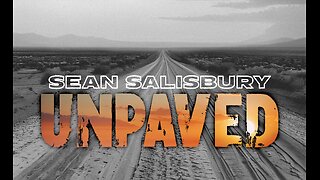 1:12:40
1:12:40
Sean Unpaved
5 hours agoJalen Carter's 1-Game Suspension & The Pressure for Instant Greatness in Sports
74.4K5 -
 1:07:27
1:07:27
LindellTV
3 hours agoBREAKING: MICHIGAN JUDGE THROWS OUT CRIMINAL CHARGES
46.2K12 -
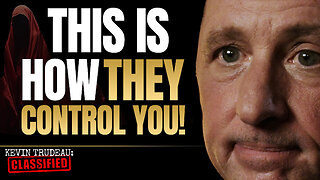 11:34
11:34
The Kevin Trudeau Show Limitless
6 hours agoClassified File 4 | The Hidden Science of Brain Control REVEALED!
25.8K4